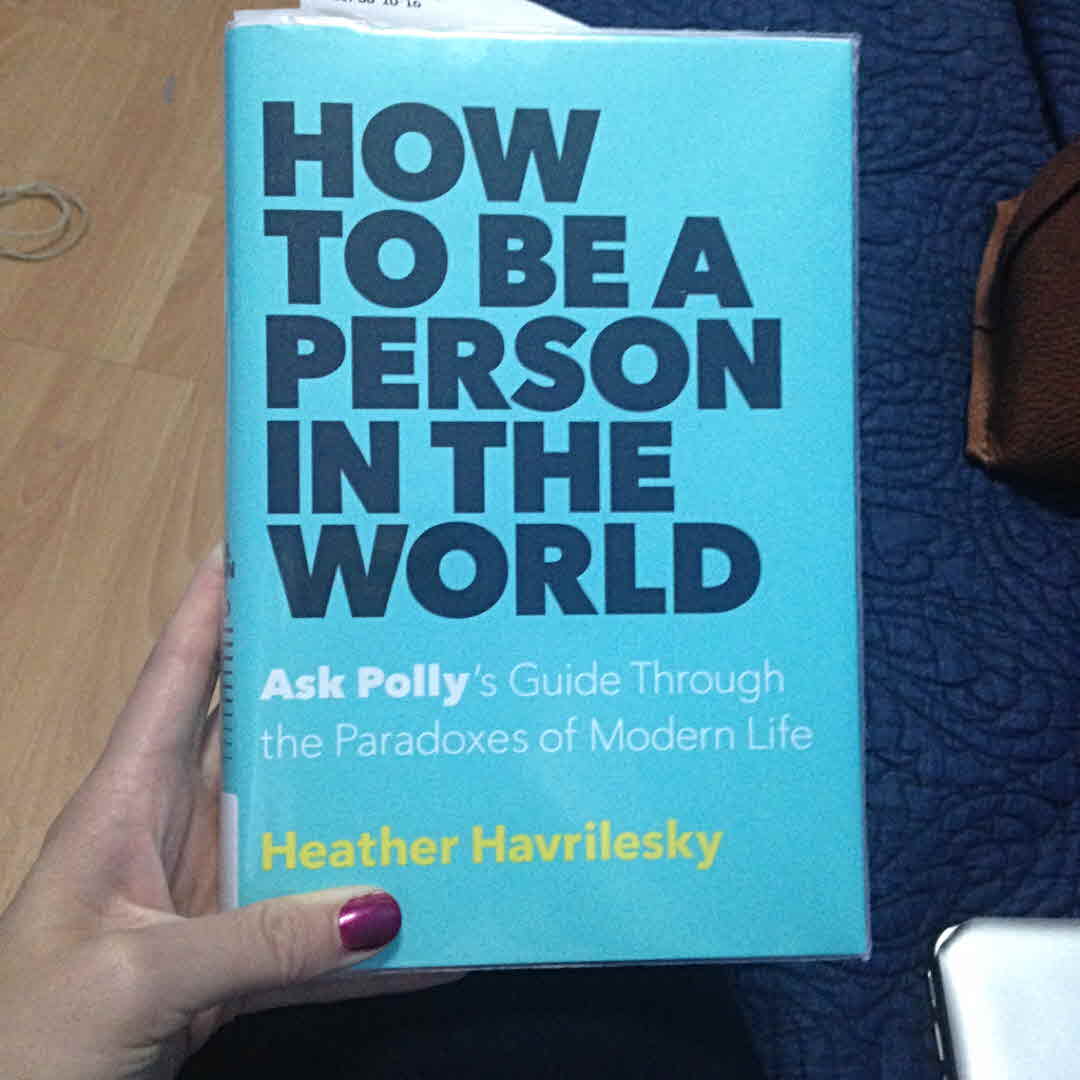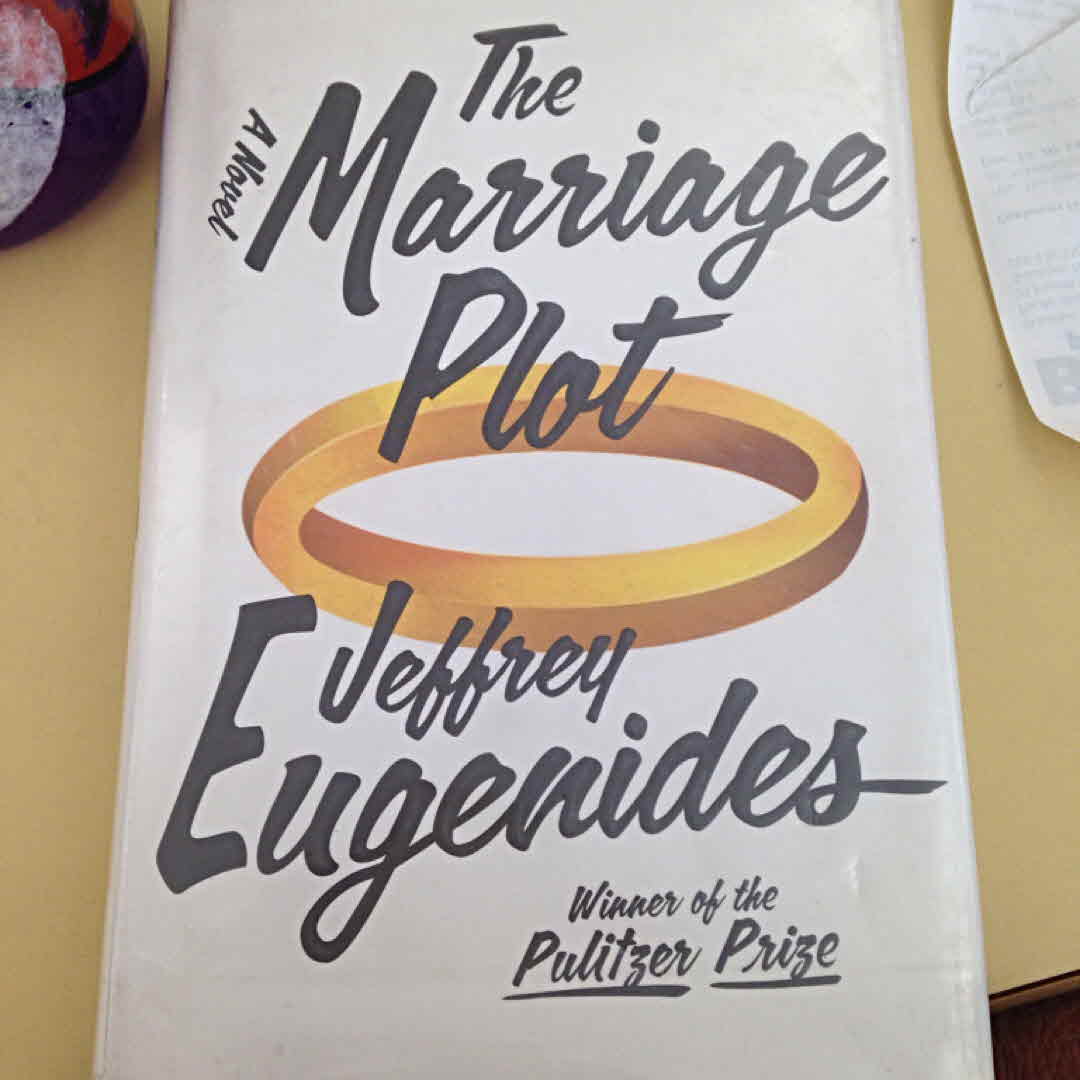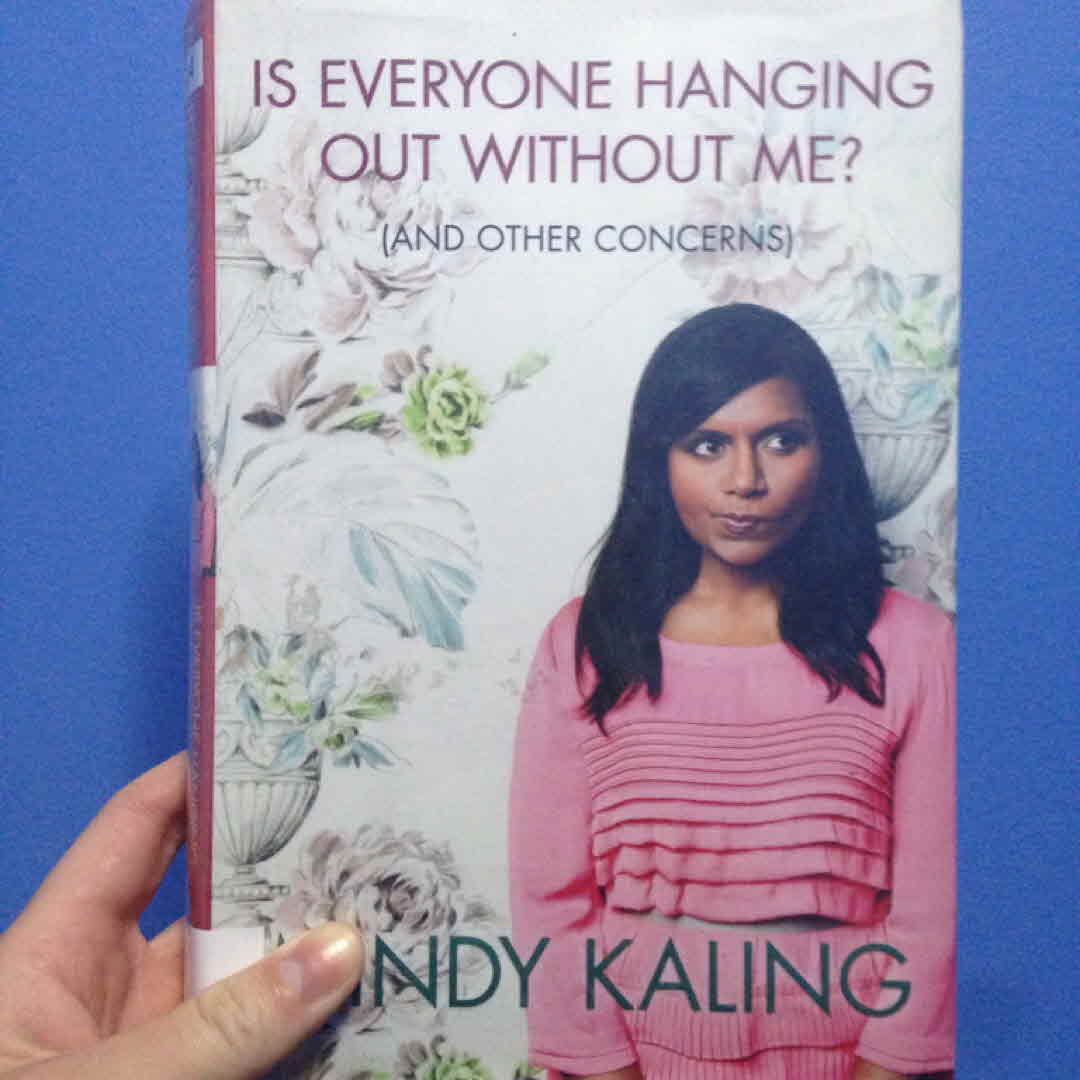Dull, detached narrator perfectly portrays the life-altering symptoms of PTSD.
Dull, detached narrator perfectly portrays the life-altering symptoms of PTSD.
Incredibly vivid. Puts a lot into perspective. As a person working in immigration law, I believe this should be required reading for my profession right now.

Here it is! In all its BOLD millennial-advising glory!

Not my cup of tea... But made me feel guilty abandoning it because it is so ~literary~ I did finish it, but I don't feel like anything remarkable happened. 🤔
Want to know how good you have it? Want to know how others suffer the way you do? Want to hear some humbling advice from one of the world's best advice-givers? This is your book. Then download the podcast. It's even better.
So good. Lahiri is an expert storyteller and one of my favorite living authors.
Just not that funny... Maybe I read it too late, I don't know.

For example, I don't think it should be socially acceptable for people to say they are "bad with names." No one is bad with names. That is not a real thing. Not knowing people's names isn't a neurological condition; it's a choice. You choose not to make learning people's name a priority.
Fascinating! About two hundred pages of proof is that getting sleep is one of the cheapest and easiest ways to make us better people. Highly recommend to readers of all ages.
Picked this book because I had read Betancourt's memoir of her six years as a hostage of the FARC. I was not disappointed by her first foray into fiction! An interesting perspective (MC is a Montonero during Argentina's dirty war), and very exciting/terrifying at times, but an unremarkable ending.